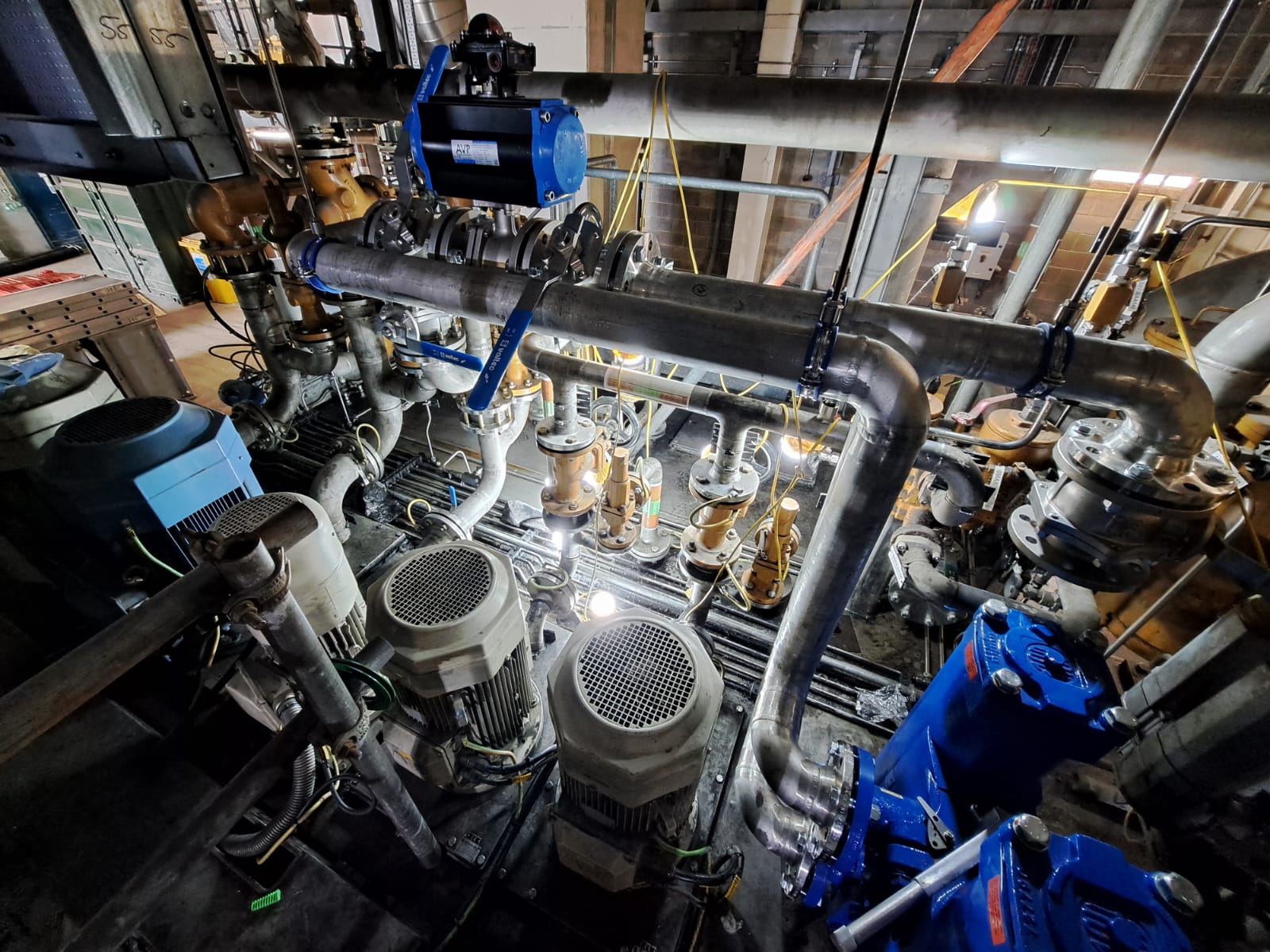Stainless Steel Pipework Welding: Techniques and Best Practices in the UK
Stainless steel pipework is a critical component in various industries across the UK, including water treatment, food and beverage manufacturing, and pharmaceuticals. The integrity of these pipes is paramount, as they often carry substances that must not become contaminated. Welding stainless steel pipework requires precision, expertise, and adherence to best practices to ensure durability, safety, and compliance with industry standards. This blog delves into the techniques and practices essential for high-quality stainless steel pipework welding.
Understanding Stainless Steel Welding
Welding stainless steel differs significantly from welding carbon steel due to the unique properties of stainless steel, which include corrosion resistance and a higher rate of thermal expansion. These characteristics necessitate specific welding techniques to prevent common issues like warping, corrosion, and weakening of the weld.
Common Welding Techniques for Stainless Steel Pipework
-
TIG Welding (GTAW): Tungsten Inert Gas (TIG) welding is the most commonly used method for welding stainless steel. It provides the welder with greater control over the weld than other methods, making it ideal for thin-walled pipework. TIG welding produces high-quality, precise welds with a clean finish, essential for industries requiring hygienic conditions.
-
MIG Welding (GMAW): Metal Inert Gas (MIG) welding is faster than TIG welding and is suitable for thicker stainless steel sections. However, it generally does not provide the same level of control or aesthetic quality as TIG welding.
-
Stick Welding (SMAW): While not typically preferred for stainless steel due to less precise control, Stick welding is useful in outdoor applications or where the welding conditions are less than ideal.
Best Practices in Stainless Steel Pipework Welding
To achieve optimal results in stainless steel pipework welding, following best practices is crucial:
-
Proper Cleaning: Before welding, ensure that the surfaces are clean and free from any contaminants like grease, oil, or dirt. Stainless steel is particularly prone to contamination, which can lead to poor weld quality and corrosion.
-
Appropriate Heat Control: Managing heat input correctly is vital to prevent warping and distortion. Using a heat sink or a backing bar can help absorb some of the heat during the welding process.
-
Correct Shielding Gas: Using the right type of shielding gas, typically a mixture of argon and carbon dioxide, helps protect the weld from atmospheric contamination. For TIG welding, pure argon is preferred for its ability to produce high-quality, clean welds.
-
Use of Back Purging: In applications where pipe cleanliness and corrosion resistance are critical, back purging with an inert gas protects the backside of the weld from oxidation.
Compliance and Certification
In the UK, welders working on stainless steel pipework must often comply with specific standards and regulations, depending on the industry. Common standards include ISO 9001 for quality management systems and specific ASTM standards for various welding procedures. Welders should also hold relevant certifications, such as those from the Welding Institute (TWI).
Case Study: Implementation in a UK Brewery
A leading UK brewery recently upgraded its stainless steel pipework system, employing advanced TIG welding techniques to enhance their production line's reliability and hygiene. The project was completed adhering to strict industry standards, resulting in improved product quality and increased production efficiency.
Conclusion
Stainless steel pipework welding is a skill that requires precision and expertise. By following industry best practices and staying updated with the latest techniques and standards, welders can ensure that their work not only meets the required specifications but also stands the test of time. As industries evolve and demand more robust infrastructures, the role of skilled welders becomes increasingly critical in maintaining the high standards expected in the UK's key sectors. For specialist advice and a no-obligation quotation, call IME on 02085996570 or email sales@imegroup.co.uk.

